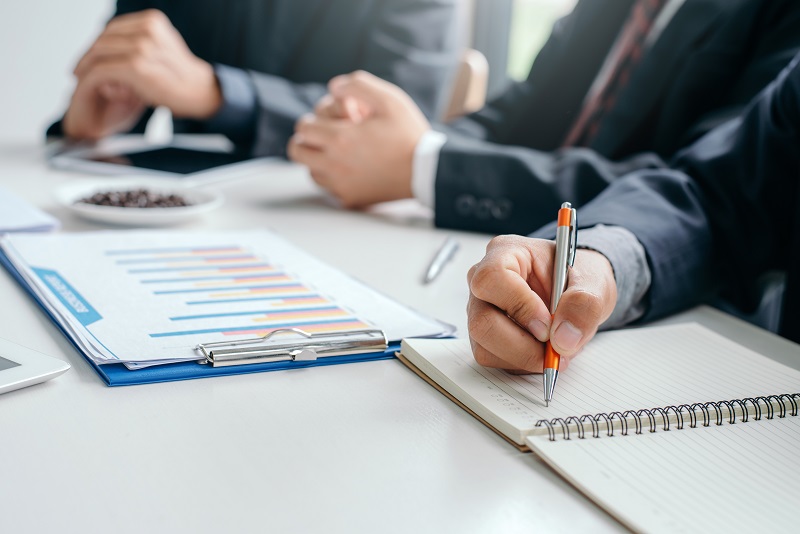An ambitious yet uncertain project, the “India-Middle-East-Europe Economic Corridor” (IMEC), aims to establish a major commercial and energy axis that connects India to Europe via the Gulf Arab-Persian States and Israel. This crucial initiative can significantly upgrade end-to-end connectivity between nations while providing numerous opportunities for world-renowned companies.
The Birth of IMEC: A Joint Endeavor
In the realm of global politics and economics, the idea of creating a seamless connection between countries with diverse backgrounds and priorities requires both compromise and collaboration. Established on September 9, 2023, at the G20 summit, the IMEC was innovated by representatives from the United States, India, Saudi Arabia, United Arab Emirates, Italy, France, Germany, and the European Union. Despite the challenges posed by war in Gaza, participating nations reached a general agreement on the corridor’s conception. Each nation has appointed its special envoy to drive progress for this highly anticipated venture.
A Visionary Leaning Towards France
Emmanuel Macron, President of France, nominated Gérard Mestrallet as his special envoy for the IMEC project. Mestrallet is no stranger to supervising projects related to energy and environmental initiatives. His decorated resume includes roles as the CEO of Engie, president of Suez, and heading dozens of power plants, solar parks, and seawater desalination facilities across the Middle East region. From 2018 to 2023, he was also assigned to lead the French Agency for Development of Al-Ula, an enormous cultural and tourist project initiated by Riyadh in northern Saudi Arabia.
France’s Role in IMEC: Securing Supplies, Mobilizing Companies
In Mestrallet’s mission letter, Macron highlighted the national interest of France in diversifying and securing supply chains strategically. France aims to become a vital player and the main entry point for the forthcoming IMEC corridor. This involves enhancing the capabilities of Marseille and its port to spearhead further development of this corridor, especially concerning hydrogen.
Additionally, French companies need to be actively involved in various sectors such as transportation, energy engineering, and infrastructure. Major groups like Engie, EDF, TotalEnergies, Air Liquide, Egis, Vinci, Bouygues, Eiffage, SNCF, Alstom, and CMA CGM are expected to collaborate on the project.
Investing Heavily in Infrastructure: A Railway Connection at Its Core
- The primary infrastructure component for IMEC is an extensive railway network.
- UAE and Israel will connect and facilitate accelerated exchanges between India and Europe by nearly 40%.
- Goods from India will arrive at Emirati and Saudi ports, then they will be transported across the Arabian Peninsula via rail onto Israeli Haifa port before heading to Piraeus, Marseille, or Genoa.
Outlined by the European Commission President Ursula von der Leyen during the New Delhi summit, such a railway connection is pivotal for global trade, significantly amplifying the speed of imports and exports among the participating countries.
The Potential Ripple Effect: Billions of Dollars Worth of Contracts
One successful example set by the collaboration of French companies on Al-Ula has already demonstrated the potential for economic growth – resulting in two billion euros worth of contracts. As IMEC advances, similar contractual opportunities may arise, creating numerous chances for foreign investments across the entire corridor.
A Pathway: Overcoming Challenges & Embracing Opportunities
The India-Middle-East-Europe Economic Corridor will undoubtedly face challenges ahead, from political and territorial issues to navigating complex trade regulations. Yet, despite these potential obstacles, IMEC promises an innovative and transformative landscape for international business and cooperation among diverse nations. By bridging cultures, ambitions, and resources, the IMEC corridor may well become a harbinger of global unity and economic prospects in the 21st century.


